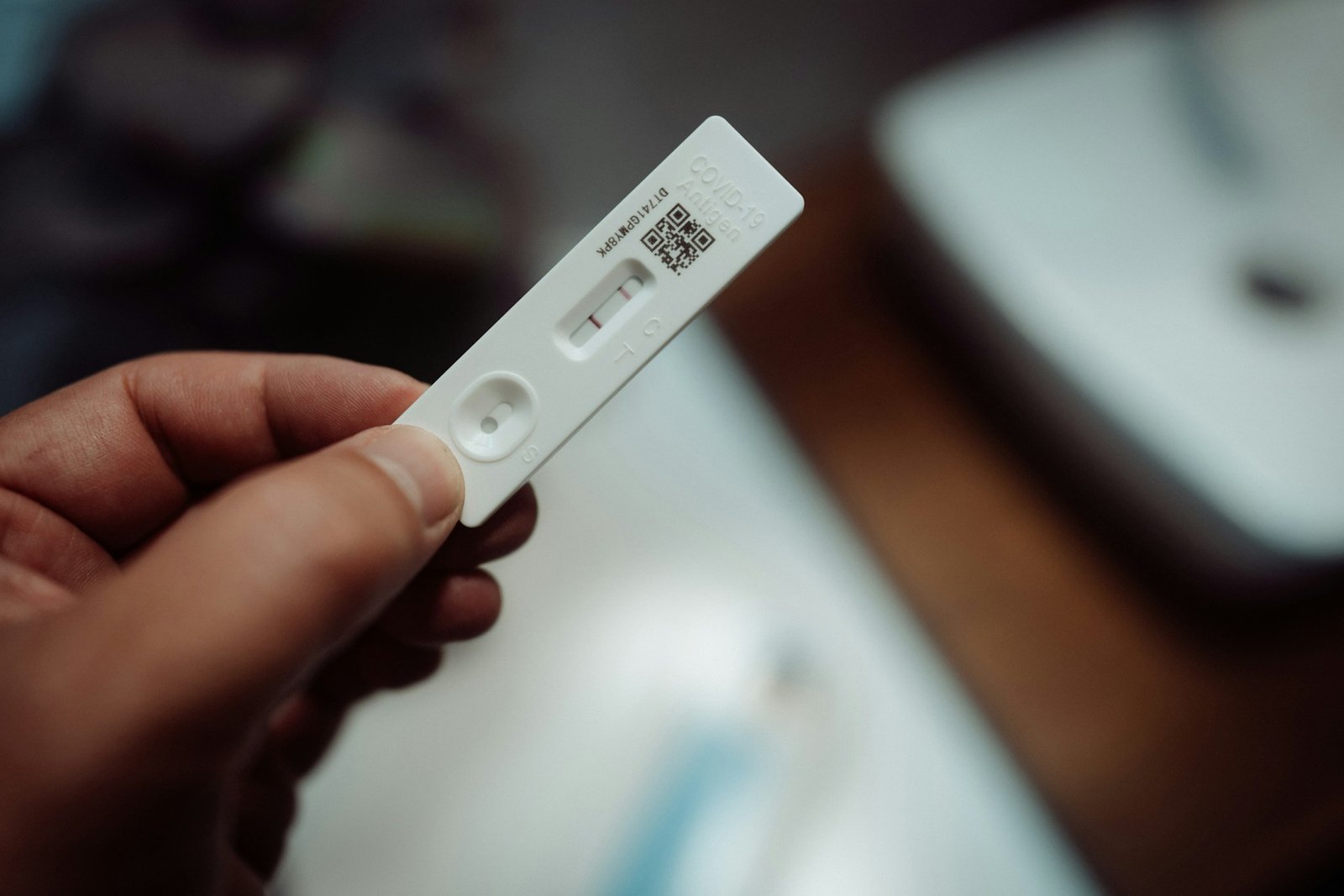
Sexual health is a deeply personal topic—and often one shrouded in stigma, silence, or misinformation. One concern that frequently arises among men experiencing performance issues is this:
Does premature ejaculation cause infertility?
While premature ejaculation (PE) can cause stress, frustration, and relationship tension, its connection to male fertility is more nuanced than most people realize. Let’s explore what science says, and how to distinguish between sexual performance issues and actual reproductive health problems.
What Is Premature Ejaculation?
Premature ejaculation is one of the most common male sexual dysfunctions. It is typically defined as:
“Ejaculation that occurs within one minute of vaginal penetration or before a man desires it, causing distress to one or both partners.”
It can be lifelong (primary) or acquired (secondary), and may be influenced by psychological factors (anxiety, stress, performance pressure), biological triggers (hormonal imbalances, neurotransmitter activity), or relationship dynamics.
What Is Infertility?
Infertility is generally defined as the inability to conceive after one year of regular, unprotected sexual intercourse. In about 30–40% of cases, male factors contribute to infertility—such as low sperm count, poor sperm motility, or structural issues like varicoceles.
So, Does Premature Ejaculation Cause Infertility? The short answer? Not directly.
Premature ejaculation does not typically cause infertility, because it does not affect:
- Sperm production
- Sperm quality
- Sperm motility
- Hormonal balance
Men with PE usually have normal sperm count and function, meaning their reproductive capacity is intact. In other words, if ejaculation happens—even prematurely—it still releases sperm into the vagina, which can lead to pregnancy.
When PE Might Contribute to Infertility
While PE doesn’t cause infertility, it can interfere with the ability to conceive in certain situations:
1. Inability to Ejaculate Inside the Vagina
If ejaculation consistently occurs before penetration, or too soon after, sperm may not be deposited close enough to the cervix for fertilization to occur.
2. Reduced Sexual Frequency
Couples experiencing stress due to PE may have less frequent intercourse, which can decrease the chances of conception during the fertile window.
3. Psychological Impact
PE can lead to performance anxiety, low self-esteem, and relationship tension, which indirectly affect the couple’s sexual activity and consistency—both of which matter for conception.
4. Underlying Health Issues
Sometimes, PE may be a symptom of an underlying condition that also impacts fertility—such as hormonal imbalances, chronic prostatitis, or neurological issues. In these cases, a thorough evaluation is essential.
Fertility and Sperm Health: What Really Matters?
To understand male fertility, focus on these key factors:
- Sperm count – Are enough sperm being produced?
- Sperm motility – Can sperm swim effectively toward the egg?
- Sperm morphology – Are sperm shaped correctly?
- Seminal volume and pH – Is the environment optimal for sperm survival?
Premature ejaculation, by itself, does not impair these parameters. However, if a man has PE and fertility challenges, both should be evaluated separately.
Treatment Options for PE and Fertility Support
For Premature Ejaculation:
- Behavioral therapy (start-stop technique, squeeze technique)
- Pelvic floor exercises (Kegels)
- Psychosexual counseling
- Topical desensitizers
- Prescription medications (SSRIs, dapoxetine under supervision)
For Fertility:
- Semen analysis – First step in evaluating sperm health
- Hormone tests – Especially testosterone, LH, FSH
- Lifestyle modifications – Quit smoking, reduce alcohol, improve diet
- Assisted reproductive techniques (ART) – IUI, IVF, etc., if needed
If PE is interfering with successful intercourse during fertile periods, doctors may also recommend timed intercourse, intrauterine insemination (IUI), or sperm retrieval techniques.
Final Verdict: Does Premature Ejaculation Cause Infertility?
No—premature ejaculation does not directly cause infertility.
It is a sexual performance issue, not a reproductive one. However, in some cases, it can indirectly hinder a couple’s ability to conceive due to timing issues, reduced frequency of sex, or psychological stress.
If you’re concerned about either PE or infertility, the best step is to consult a qualified urologist or fertility specialist. Both conditions are treatable—and often with great success.
Summary
- Premature ejaculation is not a cause of infertility, but may interfere with conception.
- Sperm quality and production are typically normal in men with PE.
- PE can impact sexual timing and frequency, affecting chances of conception.
- Both PE and fertility concerns are treatable with the right medical support.
Tags:
Subscribe To Get Update Latest Blog Post
No Credit Card Required









Leave Your Comment: